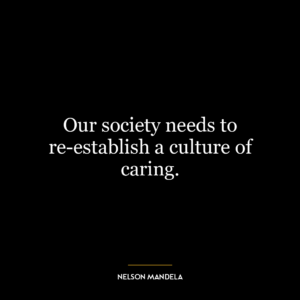This quote emphasizes the power of mercy and forgiveness over revenge or retribution. It suggests that showing compassion and understanding, even towards those who may have wronged us, can lead to greater outcomes than seeking to punish them. The idea is rooted in the belief that mercy can heal, transform, and create positive change, while retribution often perpetuates a cycle of harm and negativity.
The quote suggests that acts of mercy are not just morally superior, but also more effective in achieving tangible, positive results in the world. Retribution, or punishment in response to wrongdoing, may satisfy a short-term desire for justice, but it often fails to address the root causes of the problem, and can even exacerbate harm and resentment. On the other hand, mercy, which includes forgiveness and compassion, can break the cycle of harm and retaliation, fostering healing and reconciliation.
In today’s world, this quote can be applied on both a personal and societal level. On a personal level, it encourages people to practice forgiveness and understanding in their daily lives, even when they feel wronged or hurt. This approach can lead to healthier relationships and personal growth.
On a societal level, this quote can be seen as a call for restorative justice, a system of criminal justice which focuses on the rehabilitation of offenders through reconciliation with victims and the community at large. This approach aims to repair the harm caused by crime, rather than simply punishing the offender. It’s been shown to lead to lower recidivism rates and greater satisfaction among victims compared to traditional punitive justice systems.
In terms of personal development, practicing acts of mercy can help individuals cultivate qualities such as compassion, empathy, and patience. It also encourages individuals to let go of resentment and anger, which can hold them back from personal growth. Instead of focusing on revenge, individuals can focus on healing and moving forward, leading to a more peaceful and fulfilling life.










